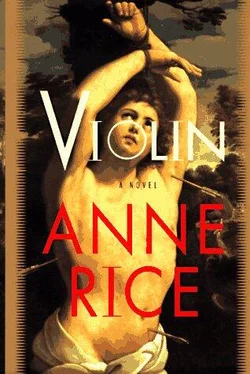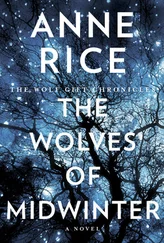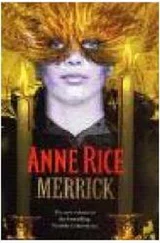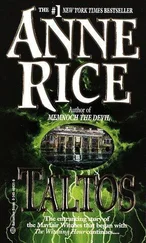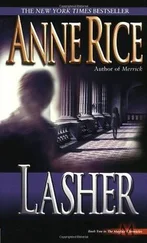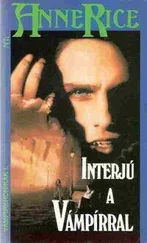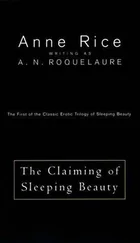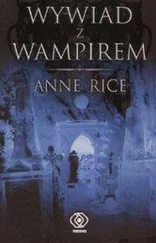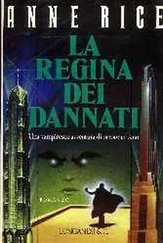We vowed to meet-all of us-again in Boston.
These children, these living boys, they seemed somehow my descendants, descendants of Lev's early loss and struggle and rebirth, and I had been a part of that.
Could I claim them as my nephews?
We had room after room at Manchester, Edinburgh, Belfast. The concerts were benefits again for the lost Jews of the War, the lost Gypsies, the struggling Catholics of Northern Ireland, for those who suffered the disease that had killed Karl, or the cancer of the blood that had killed Lily.
People offered us other violins. Would we play this fine Strad for a special event?
Would we accept this Guarneri? Would we want to purchase this short Strad and fine Tourte bow?
I accepted the gifts. I bought the other violins. I stared at them in feverish curiosity. How would they sound? How would they feel? Could I bring a single note forth out of the Guarneri? Out of any of them?
I stared at them, I packed them and carried them with us, but I didn't even touch them.
In Frankfurt, I bought another Strad, a short Strad, exquisite, comparable to my own, but I didn't dare pluck the strings. It was on the market, and had no one to love it; it cost so much, but what was that to us in our blissful and boundless prosperity?
Violins and bows traveled with the bags. I kept the long Strad in my arms -my Strad-first wrapped in velvet, finally in a special sack with its bow. I would no t trust it to a case. I carried the sack everywhere.
I looked for ghosts.
I saw sunlight.
My godmother, Aunt Bridget, came to be with us in Dublin. She didn't much care for the cold. Whether her name was Bridget or not she was soon headed straight home to Mississippi. We thought it so funny.
But she loved the music, and she'd ci'p and stomp her feet when I played, which made the others iti the room-or hall, or auditorium, or theater or whatever it was-rather shocked. But we had this agreement-that I wanted her to do it.
Many cousins and other aunts came to join us in Ireland, and later in Berlin. I made the pilgrimage to Bonn. I shivered at Beethoven's door.
I pressed my head to the cold stones and wept like Stefan had at the grave.
Many a time, I recalled the Maestro's themes, the melodies of the Liffle Genius or the Mad Russian and plunged into them to open my own floodgates, but critics seldom if ever noticed, so poor was I at rendering anything by anyone else, so utterly beyond control and discipline.
But these were times of unbroken ecstasy. Any fool had to see this for what it was; only the most deranged would have dragged a sorrow or caution into it.
At moments such as these-when the light rain fell in Covent Garden-and I walked in circles beneath the moon, and the cars waited, their lights steaming in the mist as if they breathed as I breathed-all I could do was be happy. Question nothing. Know this for what it is. Know it. And maybe one day, I'll have to remember it from some alien vantage point and it will seem as dreamy and colorful and celestial as those Chapel visits, or lying in Mother's arms as she turned the pages of the poetry book, by lamplight that fended off no menace, because none had come yet to dwell there.
We went to Milan. To Venice. To Florence. Count Sokolosky joined us in Belgrade.
I had a fancy in particular for the opera houses. I didn't need for it to be paid. If they would guarantee the hall, I would come, I would pay myself, and each night it was different, and unpredictable, and each night it was a joy and the pain was safely banked within the joy, and each night it was recorded by technicians running about with speakers and earphones and stringing thin wires across the stage, and I looked out on the faces of those who applauded.
I looked and tried to see each face, not to fail each face, to meet the warmth of each face, when the song was done, not to ever slip back into pain and shyness and cringing as if my past was my shell and I a snail too weak for this ascent, too bound to the old track of ugliness, too full of self-loathing.
A seamstress in Florence made me pretty, loose skirts of velvet, and soft tunics of fine fabric that would leave my arms free in silk balloon sleeves when I played, not hampering the rigor, or ever breaking the spell, yet concealing the weight I hated so much, so that I seemed to myself in the brief films I was forced to see a blur of hair and color and a blur of sound. Glorious.
And when the moment came, and I stepped before the lights, when I looked into the engulfing dark, I knew my dreams were mine.
But there was darker music to come, surely. The Rosary has The Joyful, The Glorious and The Sorrowful Mysteries. Mother, sleep. Lie still. Be warm. Lily, close your eyes. Father, it's over now, say the breathing and the pupils of your eyes. Close them. Dear Lord, can they hear my music?
And I was searching for a very certain palace of marble, was I not, and did I not know from all these opera houses-Venice, Florence, Rome -that the palace of marble in my strange dreams must have been an opera house, did I not know or suspect now from the memory of the central stairs in the dreams, a structure and design I saw repeated in all these regal halls built with pomp and faith, the center stair rising to a landing and then dividing to right and left to climb to the mezzanine for the milling bejeweled crowd.
Where was that palace in the dreams, the palace so full of different patterns of marble that it rivaled the Basilica of St. Peter's? Wha t had the dream meant? Had it been just the leakage of his tormented soul, that he let me see the city of Rio, the scene of his last crime before he had come to me, and found some sharp thorn in my soul connected with that place? Or was it some concoction amended to his memories by my own fancy, along with the frothy, glorious sea that gave birth to countless dancing phantoms?
Nowhere did I see that kind of opera house, that mix of beauty.
In New York, we played at Lincoln Center, and at Carnegie Hall. Our concerts were now broken into programs of varying length. Which means, as time passed, I could go on-unbroken-for a greater time, and the flow of melody grew more complex, and the range greater, and the operation of the lengthy whole more fluid.
I couldn't bear really to listen to my own recordings. Martin, Glenn, Rosalind and Katrinka handled those things. Rosalind, Katrinka and Grady made the contracts, the deals.
They were an unusual item: our tapes, or disks. They offered the music of an untutored woman who can't read a note of music really, except do-re-mi-fa-sol-la-ti-do, who never plays the same song twice, who can't most likely repeat the same song-and the critics were swift to point this out. How is one to value such accomplishments, the improvisation which in Mozart's time could not be preserved unless recorded in pen and ink, but now could be kept forever, with the same reverence given to "serious music"!
"Not really Tchaikovsky, not really Shostakovich! Not really Beethoven! Not really Mozart."
"If you like your music as thick and sweet as maple syrup, you may find Miss Becker's improvisations to your taste, but some of us want more from life than pancakes."
"She is genuine, she is probably technically manic-depressive, possibly even an epileptic-only her doctor knows for sure-she obviously doesn't know how she does what she does, but the effect is' without a doubt, mesmerizing."
The praise was thrilling-genius, spellbinder, magician, naif-and equally distant from the roots of the song in me, and what I knew and felt. But it came like kisses striking the face, and gave occasional thrills to our entourage, and many quotes were slapped on our packaged disks and tapes, which now sold millions.
We moved from hotel to hotel, by whim, by invitation, by chance sometimes, by sheer caprice.
Читать дальше
